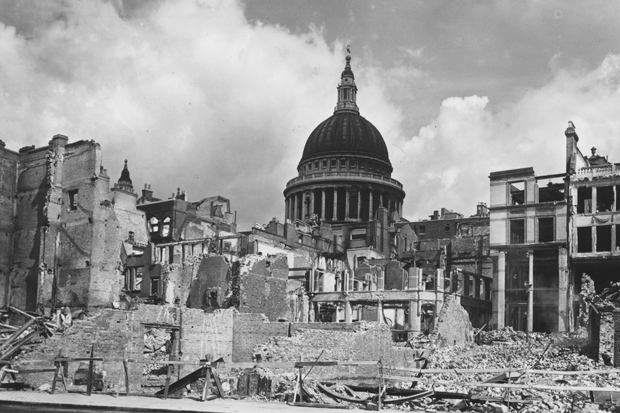In 2012, sugar became more dangerous than gunpowder. According to the historian Yuval Noah Harari, of the 56 million people who died that year, 620,000 did so by the hand of their fellow humans: 120,000 in war and 500,000 from crime. By contrast, 1.5 million died from diabetes. Harari’s wry observation adds weight to Steven Pinker’s assertion in The Better Angels of Our Nature (2011) that humans are on a trajectory towards peace and non-violence.
But wars in the Middle East, Afghanistan, across the Sahel and Yemen; Russian and Chinese irredentism; nuclear threats from North Korea; Trump’s belligerency, not to mention the asymmetry of terrorism, render urgently relevant the continued study of war.
In War: An Enquiry, the philosopher and ethicist A.C. Grayling examines the opposite to his 2015 exploration of Friendship – enmity. Defining war as ‘a state of armed conflict between states or nations, or between identified and organised groups of significant size and character’, he differentiates it from human violence that lies below what he calls the ‘military horizon’.
Grayling’s penetrating book seeks to establish why we make war and what can be done to mitigate, if not eliminate, its scourge. A gallop through 10,000 years of warfare and a review of the evolution of military theory serve as scene-setters.
Careful to distinguish between idiosyncratic reasons for war and its universal causes, reviewing the evidence, Grayling enters the nature–nurture debate. Does our DNA predispose, and therefore doom, us to war? Or is our otherwise natural inclination to friendshipand co-operation subverted by cultural structures at state and international level? His position inclines heavily towards the latter.
The archaeological record reveals little to support warfare as a human activity before the agrarian revolution shackled us to land — condemned to spiralling population growth and competition for resources.








Comments
Join the debate for just £1 a month
Be part of the conversation with other Spectator readers by getting your first three months for £3.
UNLOCK ACCESS Just £1 a monthAlready a subscriber? Log in